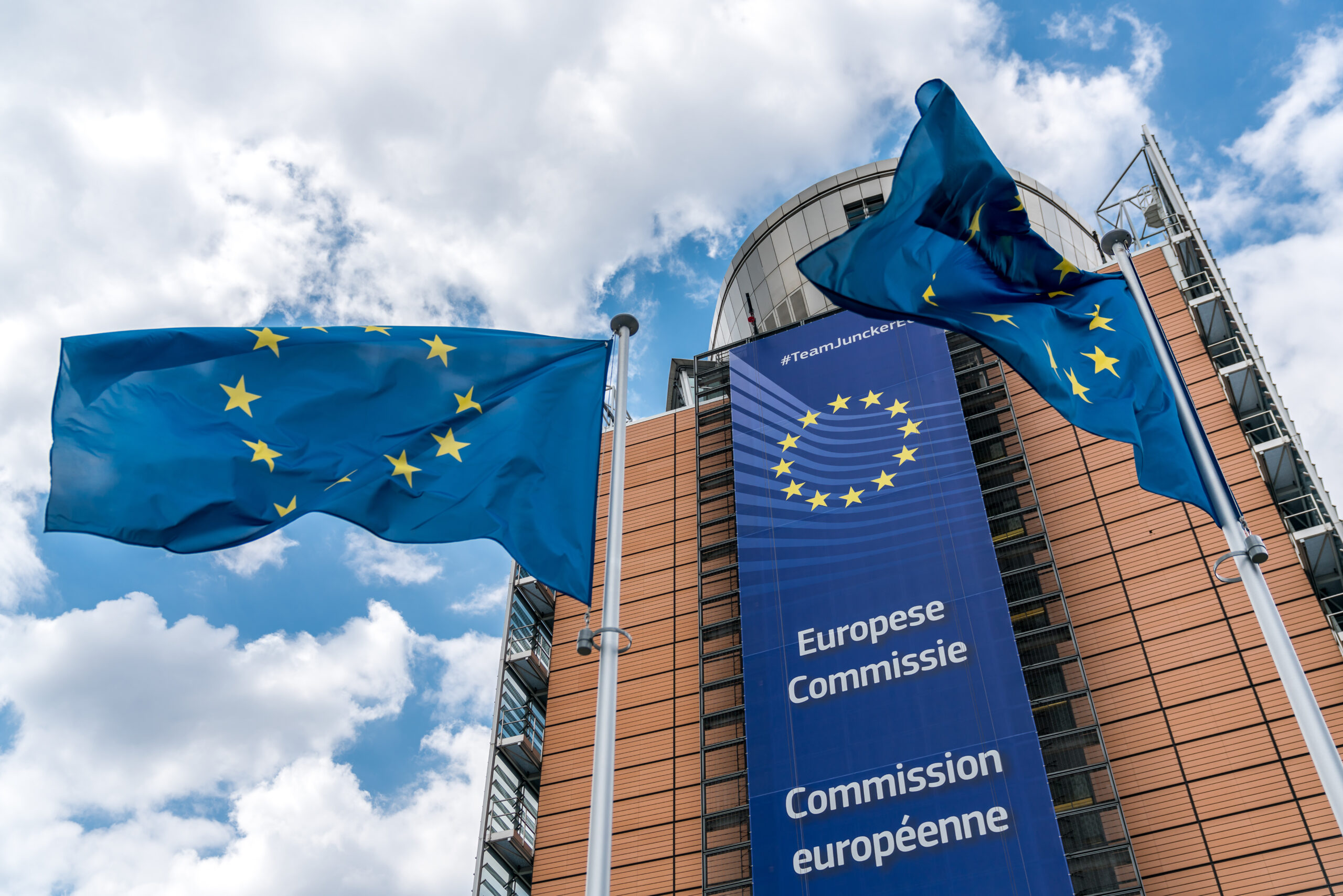On April 19, the International Road Transport Union (IRU) and ETF jointly contacted European Commissioner Nicolas Schmit regarding the need for enhanced regulations for third-country drivers working in EU companies. This collaborative effort aims to tackle challenges such as driver shortages within the road transport sector.
In this context, the International Road Transport Union (IRU) and the European Transport Workers’ Federation (ETF) issued a joint declaration addressed to the European Union institutions. This statement likely addresses key issues and concerns within the road transport industry, particularly regarding regulations, working conditions, and standards affecting both transport companies and workers.
As an introduction in the described declaration, IRU together with the EFT underline that road transport is a vital component of mobility and supply chains in the EU, accounting for 75% of land freight transport and servicing most passenger trips. However, a shortage of drivers has become a significant issue, jeopardizing the efficiency of mobility networks and supply chains across Europe. The joint declaration by IRU and ETF focuses on improving the attractiveness of the driver profession, ensuring equal rights for third-country drivers, enforcing compliance with the law, and preventing discrimination and abuses.
While the content of the joint statement and the specifics in it may vary, it covers topics such as:
- Harmonization of Regulations: Advocating for consistent regulations across EU member states to facilitate smoother operations and ensure fair competition within the road transport sector.
- Working Conditions for non-EU drivers: Addressing concerns related to drivers’ working conditions, including working hours, rest periods, and safety measures to promote the well-being of transport workers.
- Social Dialogue: Emphasizing the importance of constructive dialogue between industry stakeholders, including transport companies, workers’ unions, and regulatory authorities, to address mutual concerns and find solutions collaboratively.
- Sustainability and Environmental Standards: Highlighting efforts to promote environmentally sustainable practices within the road transport sector, such as reducing emissions and adopting cleaner technologies.
- Digitalization and Innovation: Exploring opportunities for leveraging digital technologies and innovation to enhance efficiency, safety, and competitiveness within the road transport industry.
Overall, the joint statement reflects the ongoing collaboration between industry associations and workers’ unions to advocate for policies and practices that benefit both the road transport sector and its workforce while contributing to the broader goals of the European Union.
In this context, the EU road transport social partners, ETF and IRU, commit to:
- Ensuring that third-country drivers employed by EU-based companies are respected and compensated according to relevant laws and social partner agreements.
- Promoting due diligence standard and regulatory frameworks on human rights and social sustainability.
- Jointly promoting compliance with working conditions established by EU and national rules and social partner agreements.
- Collaborating with the European Labour Authority (ELA) and potentially the European Road Transport Agency (ERTA) for better enforcement of rules.
- Establishing a permanent joint working group within the EU road transport sectoral social dialogue committee to address relevant issues, such as recognition of qualifications, fair pay, and conditions, and preventing abuse of social security systems.
- Raising awareness of Mobility Package 1 rules and coordinating with the European Labour Authority.
- Promoting the fair interpretation of the Court of Justice’s ruling in case C-610/18 AFMB regarding wage and payment matters.
- Conducting an annual evaluation of progress made in implementing decisions regarding third-country drivers within the EU road transport sectoral social dialogue.
We can find out also that ETF and IRU urge the European Commission to:
- Collaborate with the European Labour Authority to develop a methodology and digital tool for calculating driver remunerations posted in other EU Member States, involving consultation with social partners.
- Propose measures for targeted enforcement of rules, including for third-country nationals employed by EU companies and companies established in third countries operating within the EU.
- Conduct a study on Member States’ rules and conditions regarding third-country drivers’ access to the EU labour market, including hiring patterns, rights, and respect.
- Assist Member States in providing adequate truck parking areas and rest facilities with appropriate standards to accommodate a diverse workforce, including women.
Please find the whole text here: Joint_statement_ETF_IRU_approved_21_March_2024.pdf
















